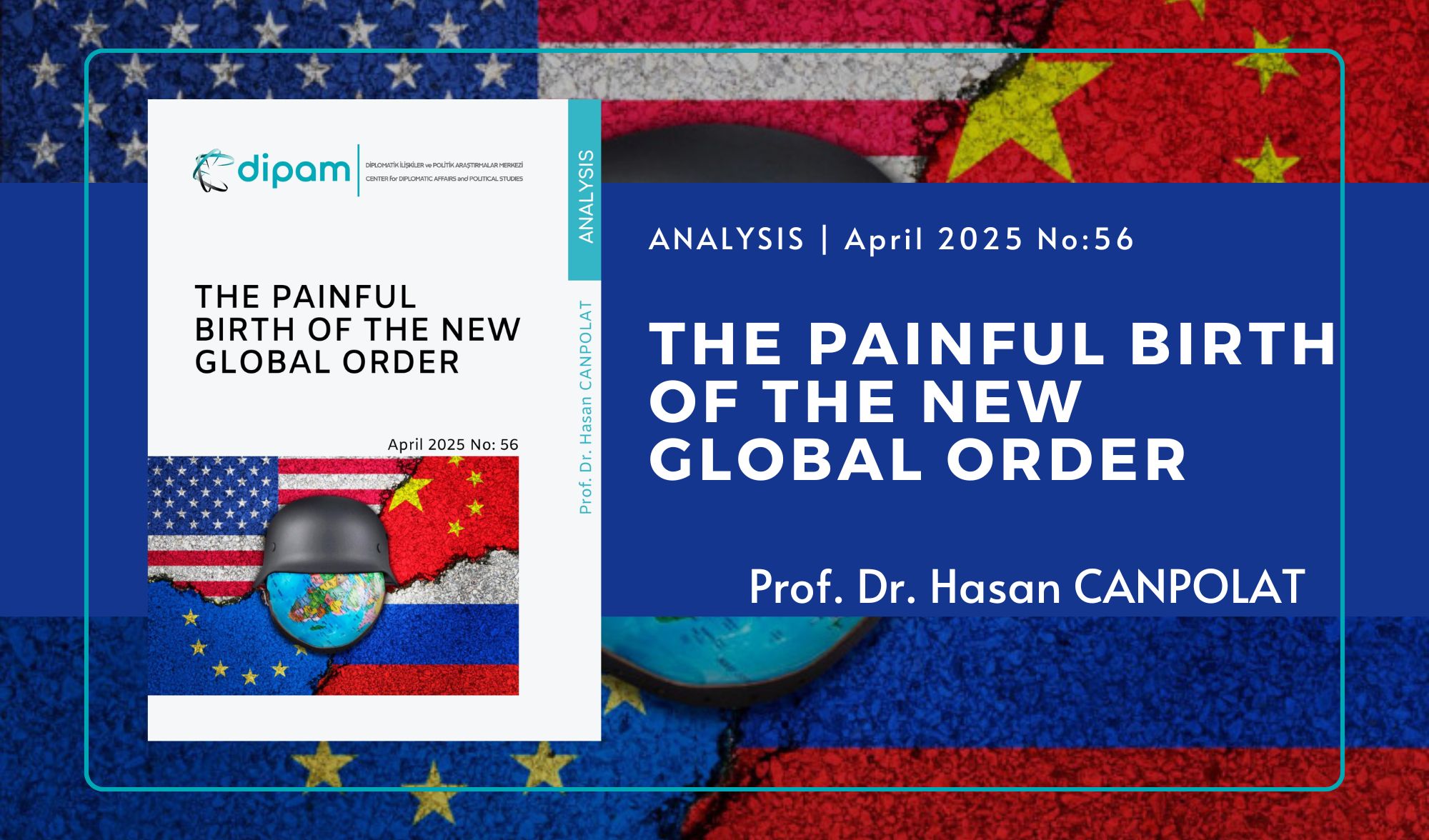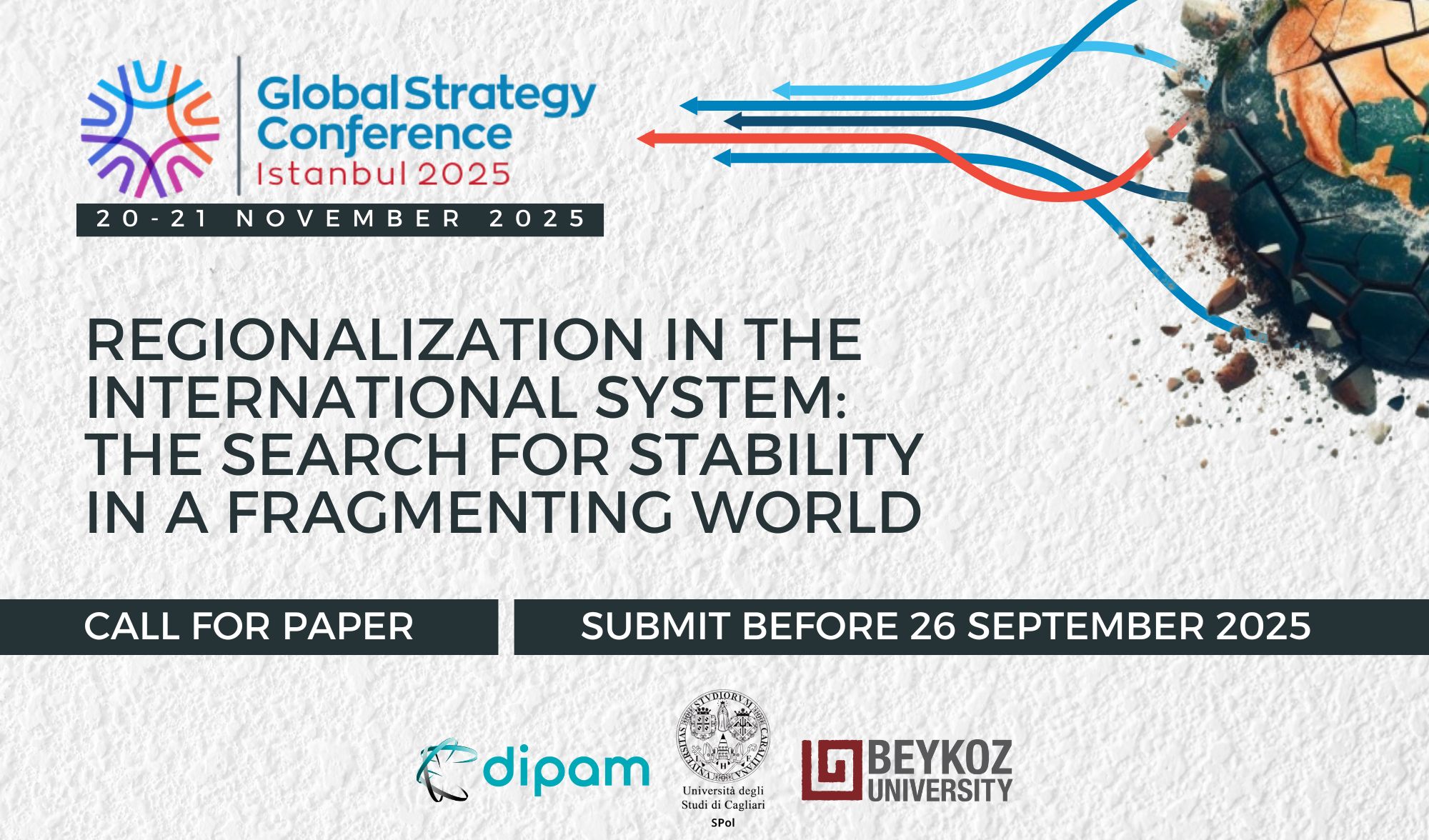The global order has undergone three major transformations since World War II. The first is the Yalta Order, which emerged after the Conference held at the Livadia Palace in Yalta from February 4, 1945 to February 11, 1945. At this conference, Churchill, Roosevelt and Stalin discussed issues such as the exchange of Polish lands, the partition of Germany, and the USSR’s declaration of war on the Japanese Empire. Apart from this, the foundations of a new world order were laid with secret sessions. The geostrategic balance between the global powers of the post-World War II era was formed by this consensus determined in Yalta.
According to this agreement, the European continent was occupied by the USA and the USSR, and the two global powers rebuilt Europe physically, militarily, economically and politically. In addition, the US has established organizations that will institutionalize its military, political and economic leadership in its field of hegemony on a global scale.
The second is the unipolar period that emerged with the official dissolution of the USSR on December 26, 1991. This period, which lasted about ten years, was celebrated as the victory of the West. In January 1992, about a month after the official dissolution of the Soviet Union, US President George H. W. Bush sparked this enthusiasm in his State of the Union address: “By the grace of God, America won the Cold War.” These words reflect the approach of not only the United States but also the Western world in general about the cold war and the USSR. With this sense of victory, NATO began to expand into countries that formed a buffer zone around Russia during the Soviet era.
Thirdly, it is the period we are in when we feel the symptoms of a painful birth in every aspect. All aspects of this new multipolar order will emerge as a result of the reconciliation of the United States, which is preparing to give up its global claim because it no longer carries global leadership, and Russia and China, which demand a new global order, and share the world according to their spheres of influence.
In this article, we will examine why US power is declining, why Russia and China, which claim their rightful place in the global order, want to sit down at the table with the US for global sharing, the situation in Europe, and the future of globalization.
Why America is Abandoning Its Global Ambition
In fact, the end of the American era had come long before. However, a series of developments, images of the exit from Kabul after the collapse of the US-backed government, failures during the pandemic and the storming of the Capitol have made this clear to the eyes of the world.
One reason for this decline is that the United States has overestimated the effectiveness of military power in order to bring about fundamental political change in the unipolar era. But the deeper causes of American decline are local rather than international. The US has long been politically and socially divided, with a stagnant economy and no longer able to carry any more of its military might.
In many ways, the situation of America today is similar to that of the British Empire, which began to decline in the interwar period, and even worse. America’s federal debt, on the other hand, will reach about 110% of GDP this year. The Congressional Budget Office estimates that it could exceed 200% by 2050.
America is rapidly and psychologically divided and polarized on almost every issue. Polarization, coupled with a growing distorted income distribution, homelessness and substance abuse crisis, is reflected in the rise in violent crime in many major US cities, and the US is now a country of stark contrasts and a lack of public safety.
Divisions and conflicts pervade all areas of political life. In the face of the strengthening of populist and far-right tendencies in US politics and the growing political division, there is even a debate about whether the US will maintain its integrity.
…





